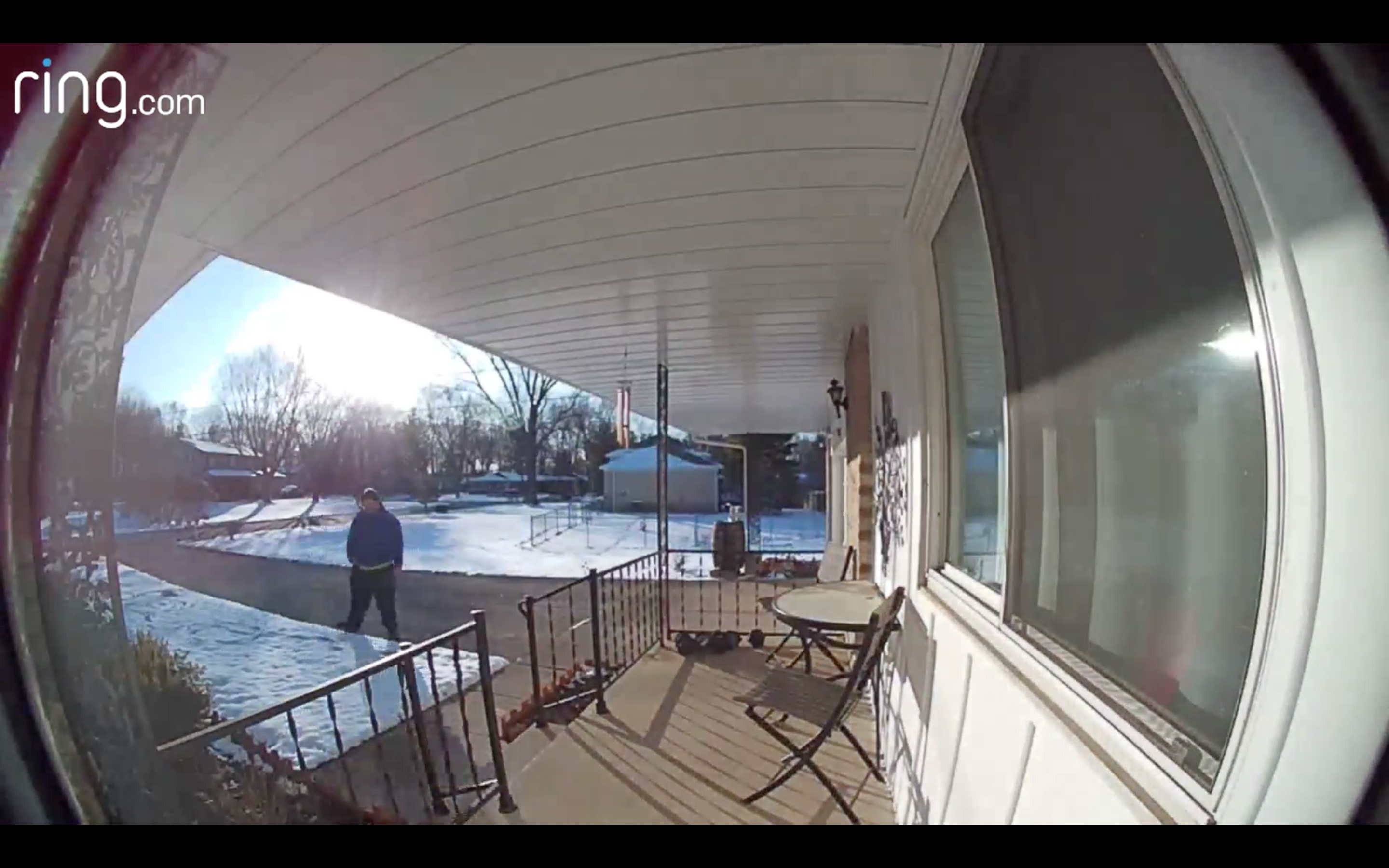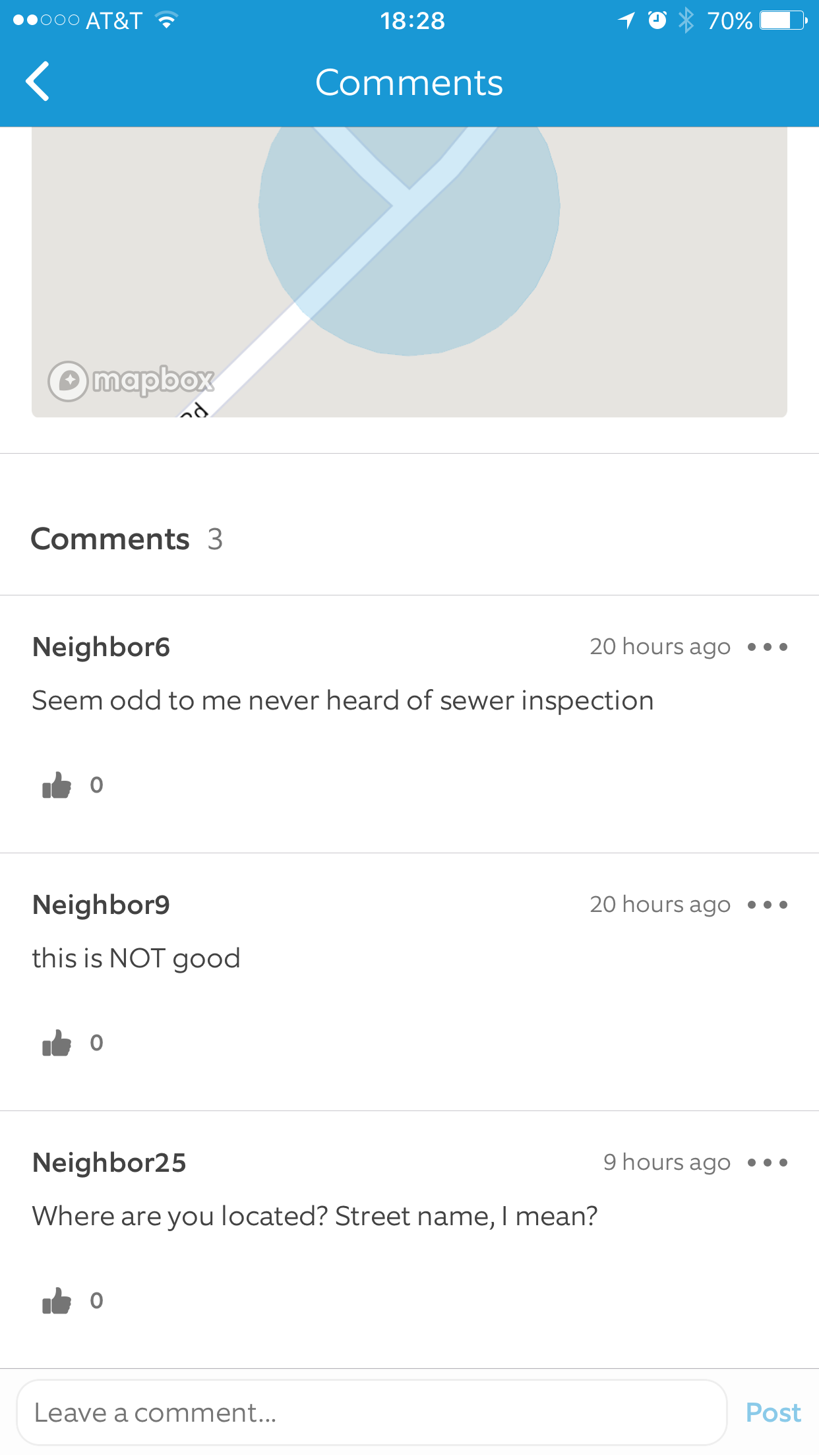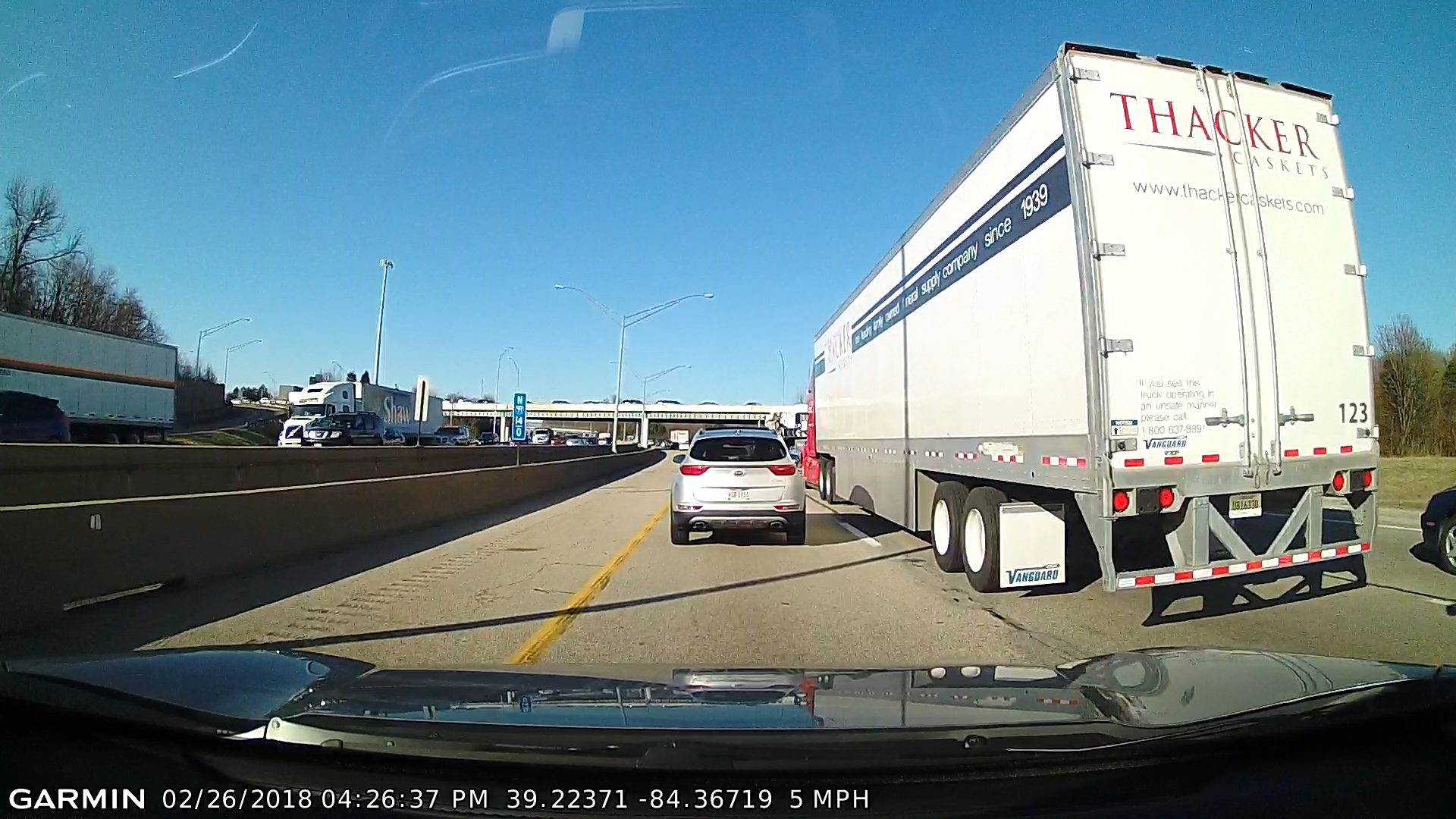Bloggers (and YouTubers) have a misguided perception that anyone cares what they have to say. I know this intrinsically as I write, and am well aware that few, if any, will ever read these words.
Regardless, most content “creators” operate under this fallacy, assuming that not only do people as a whole have the remotest semblance of interest in their thoughts, but that they should be paid for their troubles. Enter advertising.
But this is not commentary on the economic model of capitalism. This is commentary on ego–the way we use the word now, not the Freudian definition. In short: arrogance. I find it increasingly difficult to find web content devoid of advertising, regardless of the content’s apparent quality. And we are enabling this trend by democratizing ads–companies that provide advertising scripts freely–in a sense…adsense…as it used to be called.
The argument is old, that commercializing art devalues it. That may be true, but it doesn’t prove that that art is absent entirely. In fact, I would go so far as to say that exists in the same quantity as it always has, and now we have to tools to enjoy it without distraction.
For those who have yet to embrace ad-blocking, for whatever reason, a tool exists which goes beyond–element blocking. Yes, it is possible to selectively block any part of a web page that I find detracts from the quality of the article itself. For example, on one particular blog I frequent, I have blocked 19 superfluous and unsightly banners, ads, and columns promoting the site’s other content. One might argue that doing so is messing with the designer’s intended creation, but that’s nonsense, for the alternative is not viewing his content at all.

So really this is just an overly wordy recommendation of the browser plugin uBlock Origin.

Also check out Privacy Badger, NoScript, and Cookie AutoDelete.
Take back the web and enjoy it for what it should be: artistic and intellectual content.
–Simon
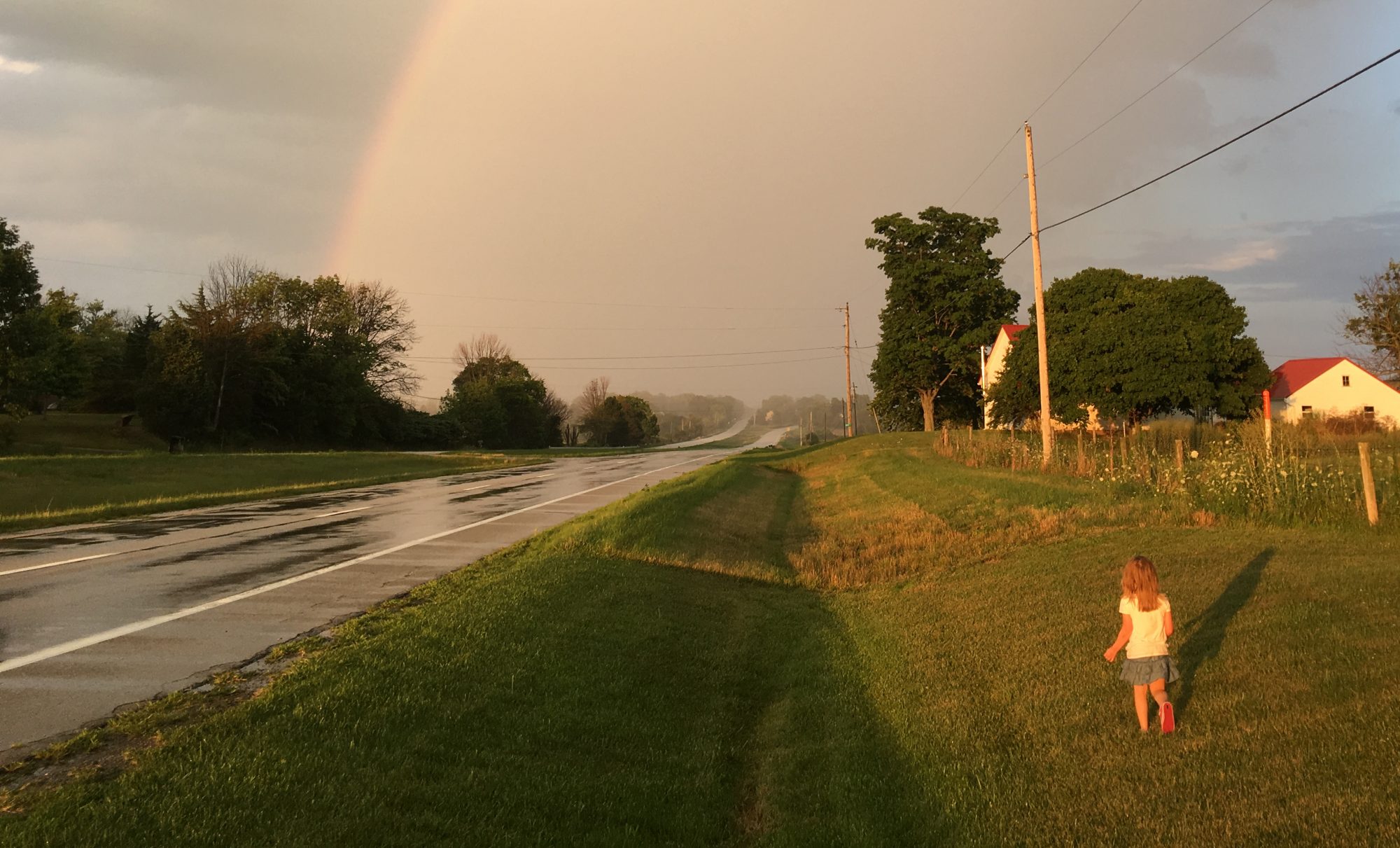
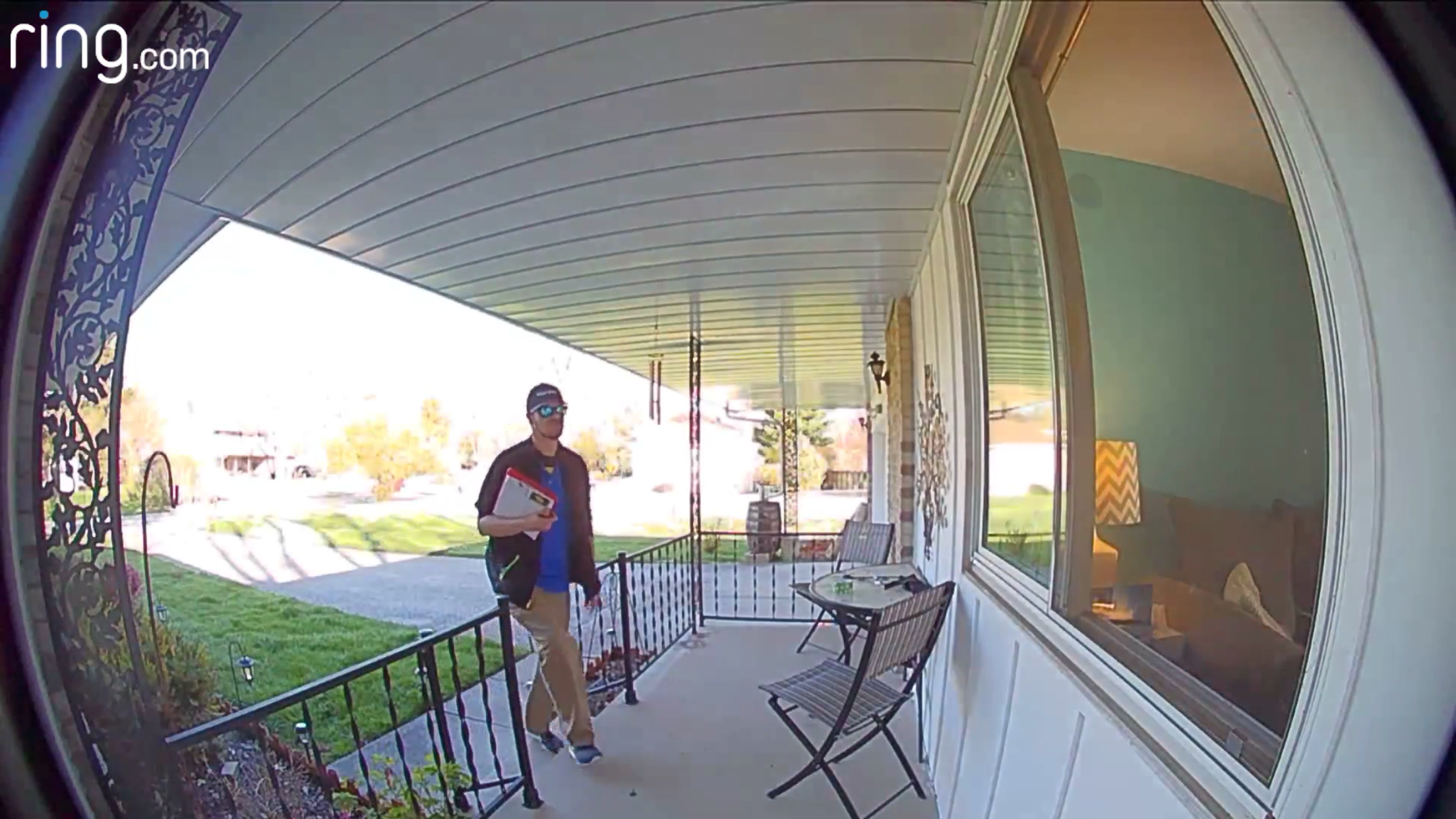
 A colleague recommended the Netflix original Black Mirror. So far, it’s be an incredibly disturbing set of Philip K Dickian-type stories involving humanity’s failures with using their own technology responsibly. And “disturbing” might be a bit of an understatement. I find them to be haunting, like the stuff my subconscious latches onto in order to feed me back nocturnal hellscapes.
A colleague recommended the Netflix original Black Mirror. So far, it’s be an incredibly disturbing set of Philip K Dickian-type stories involving humanity’s failures with using their own technology responsibly. And “disturbing” might be a bit of an understatement. I find them to be haunting, like the stuff my subconscious latches onto in order to feed me back nocturnal hellscapes.
